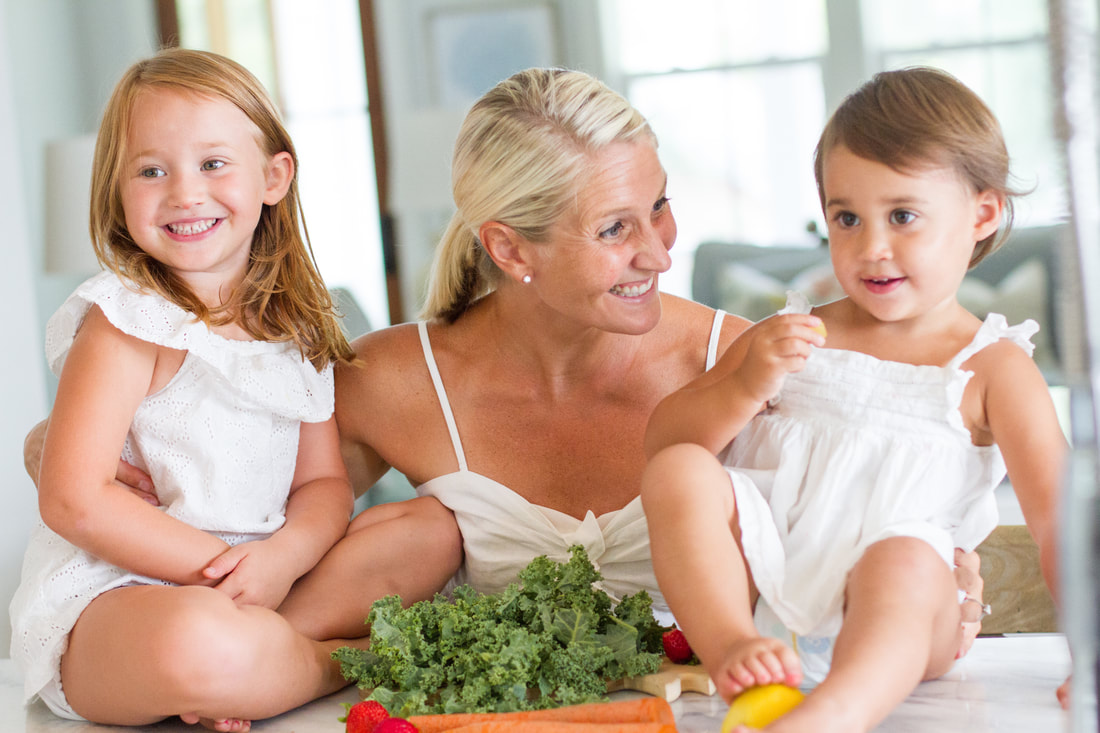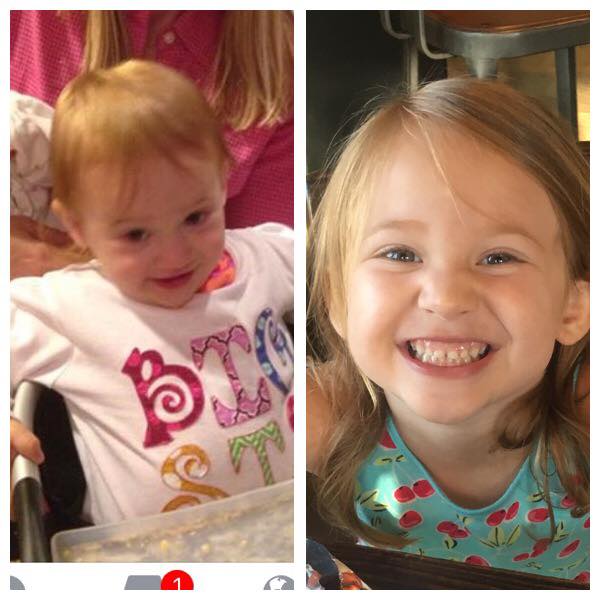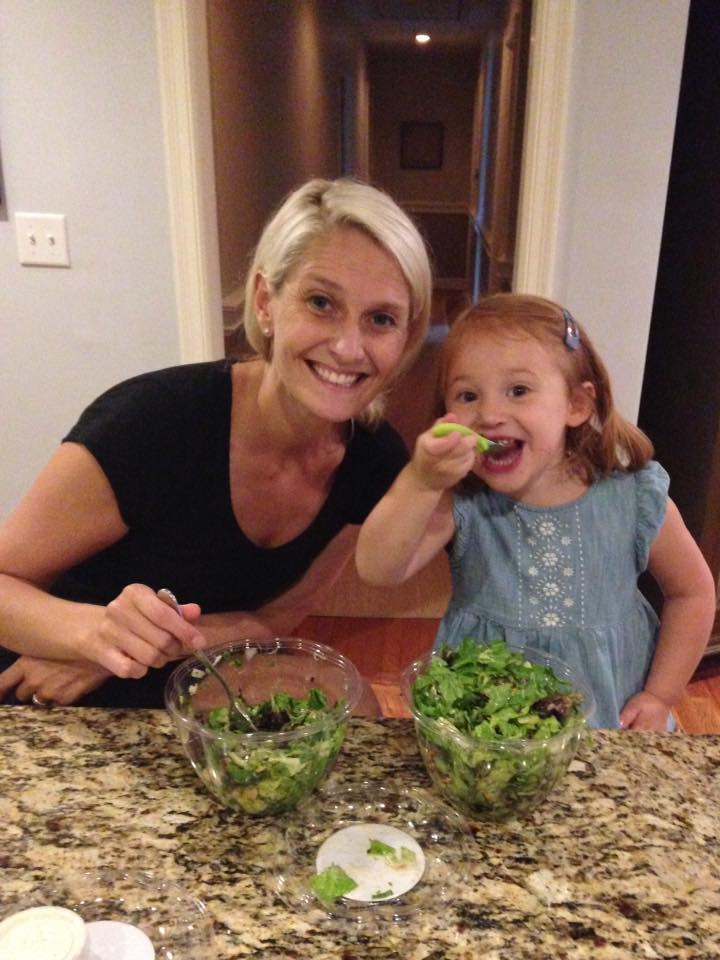|
PAST As with most stories, let’s start at the beginning: my husband was diagnosed with Type 1 diabetes, also called juvenile onset diabetes, when he was 13 years old. His mother has the same disease, which is different than the more common and manageable Type II diabetes( adult onset diabetes). When our oldest daughter was two years old, I had that momma gut feeling that I wanted to have her tested. No, she did not have the typical symptoms of diabetes onset: thirst, wetting the bed, tired, losing weight, etc. Instead, we enrolled in a screening program called TrialNet. It looks for diabetes-related autoantibodies that signal an increased risk of T1D. The JDRF, ADA and Endocrine Society now classify having two or more of these autoantibodies as early stage T1D. Finding T1D in its earliest stage allows for prompt intervention aiming to change the course of the disease. Risk for people in the general population is about 1 in 300. If you have a family member with T1D, your risk is 1 in 20. The program’s goal is to identify the disease in its earliest stage and stop disease progression by preserving beta cell production. I still remember where I was standing, the long conversation, and kind of gloomy cloud over our family for the first couple of days we got that call that my daughter was not YET a diabetic but would likely develop type 1 diabetes in her lifetime. Actually the endocrinologists exact words were: “I actually can’t believe she is not having any symptoms and is not a full blown diabetic already.” She was two years old at the time when all 5 antibodies came back positive for type 1 diabetes. PRESENT Three years later, we are happy to report that our daughter has not been diagnosed with Type I diabetes! We know there is an genetic component and likely an environmental trigger that has been pulled but….after many late nights researching about what could have been that environmental trigger, I have turned my focus on what steps we can take now to prolong or even PREVENT full blown onset. The JDRF official position is that “onset has nothing to do with diet or lifestyle. There is nothing you can do to prevent T1D, and—at present—nothing you can do to get rid of it.” I slightly disagree because there must be a reason that T1D is increasingly more prevalent than years ago (source and data). Y’all, lets keep it simple. With disease there is inflammation of the cells. To decrease inflammation, you need antioxidants. Antioxidants are found in plant foods (fruits, vegetables, nuts, seeds, berries, grains). Hence, this has led us to where we are today. Passionate about a plant-based diet. Passionate about our easy button that allows my family to get 30 fruits, veggies, and berries in a capsule/gummy daily! Note the before and after picture above. Before we had this switch and eliminated dairy and gluten (both inflammatory foods as well), my daughter had dark circles under her eyes, running nose, chronic cough, easily fatigued, pale skin, enlarged tonsils, sleep apnea, and an unfocused look in her eyes. Today, she has none of that. FUTURE Is there research yet to support a plant-based diet can help with specifically T1D? Clinical research is beginning to demonstrate that adopting a plant-based, vegan diet without animal protein and fat will improve insulin sensitivity in people with diabetes (Clinical research here). If one is injecting less insulin, this results in less lipid, or fat, production in the body. That’s a motivating factor. But this momma is going to give it a try. What I do know is that we are almost 3 years and counting, my daughter remains NORMAL (5.1 A1C) and feels amazing! This way of eating has tremendously helped my husband manage his diabetes and seen huge benefits with his overall health since making this shift. LET FOOD BE THY MEDICINE! UPDATE (January 2019): We are SO excited to share that Emmylou's numbers just continue to improve! Her A1C is now 3.9!!!!! Praise God! We are SOOO grateful for our easy way to flood her body daily with plant nutrition, and we absolutely believe her body continues to get the solid nutrition it so desperately needs to thrive! Be sure you're following me on social media too & share your stories using #LauraAllenBlog
2 Comments
|




 RSS Feed
RSS Feed
